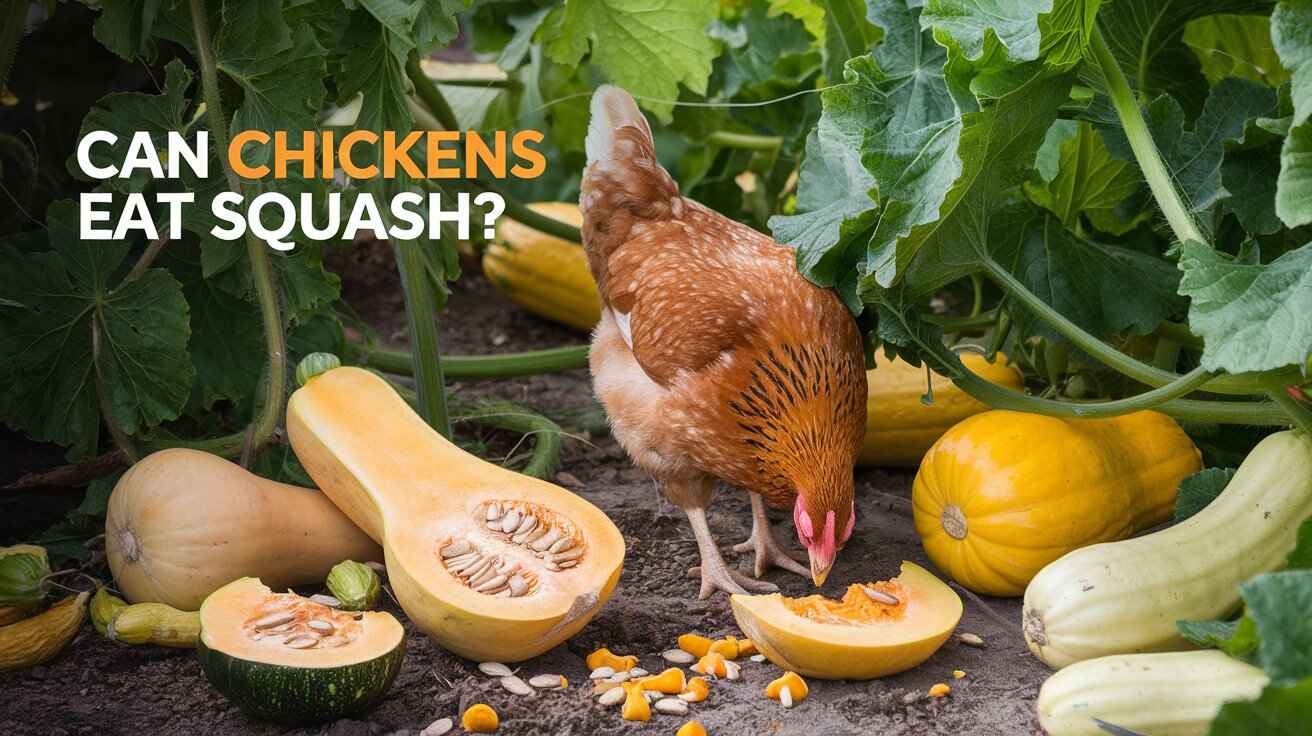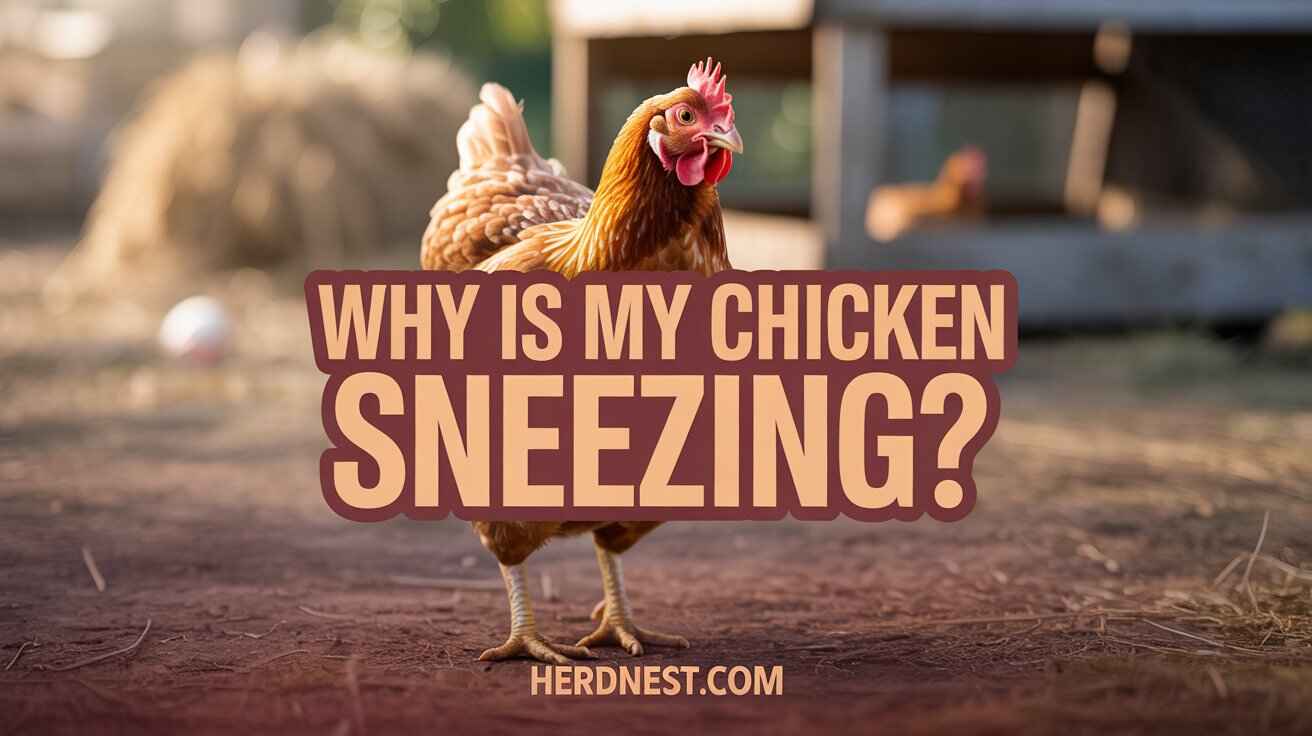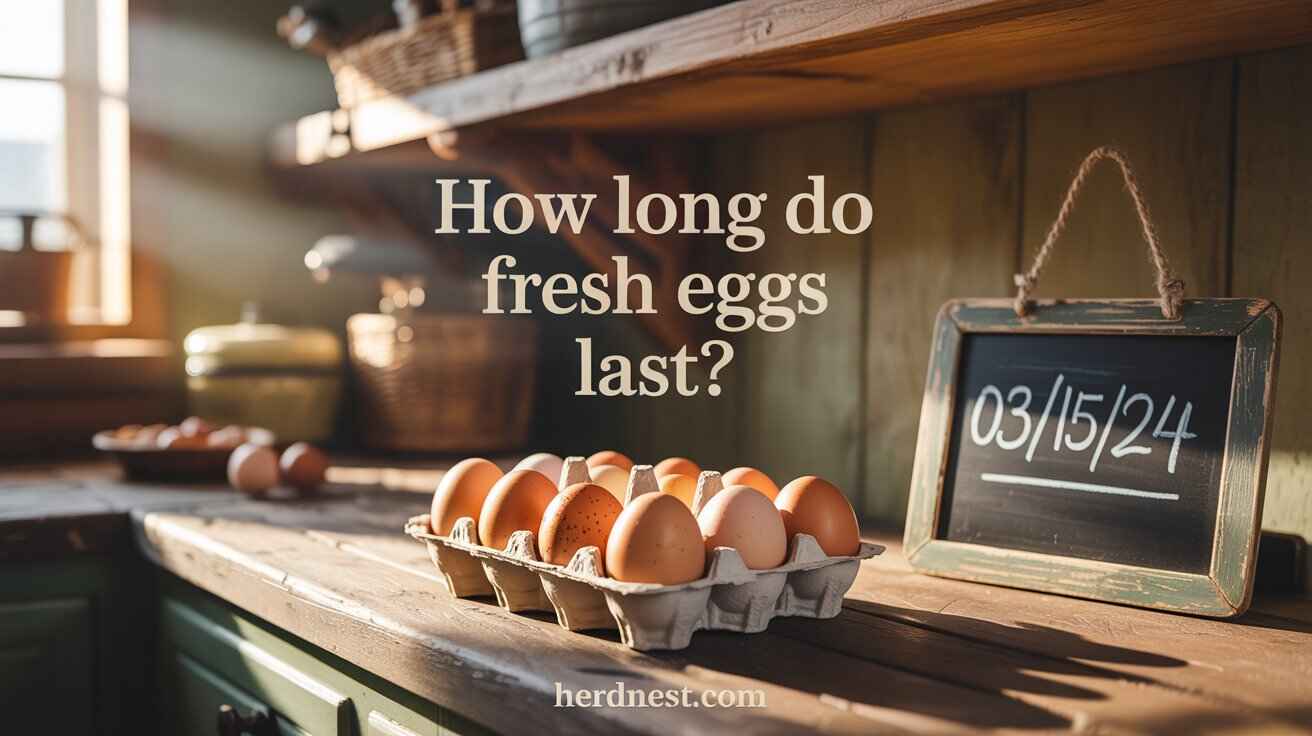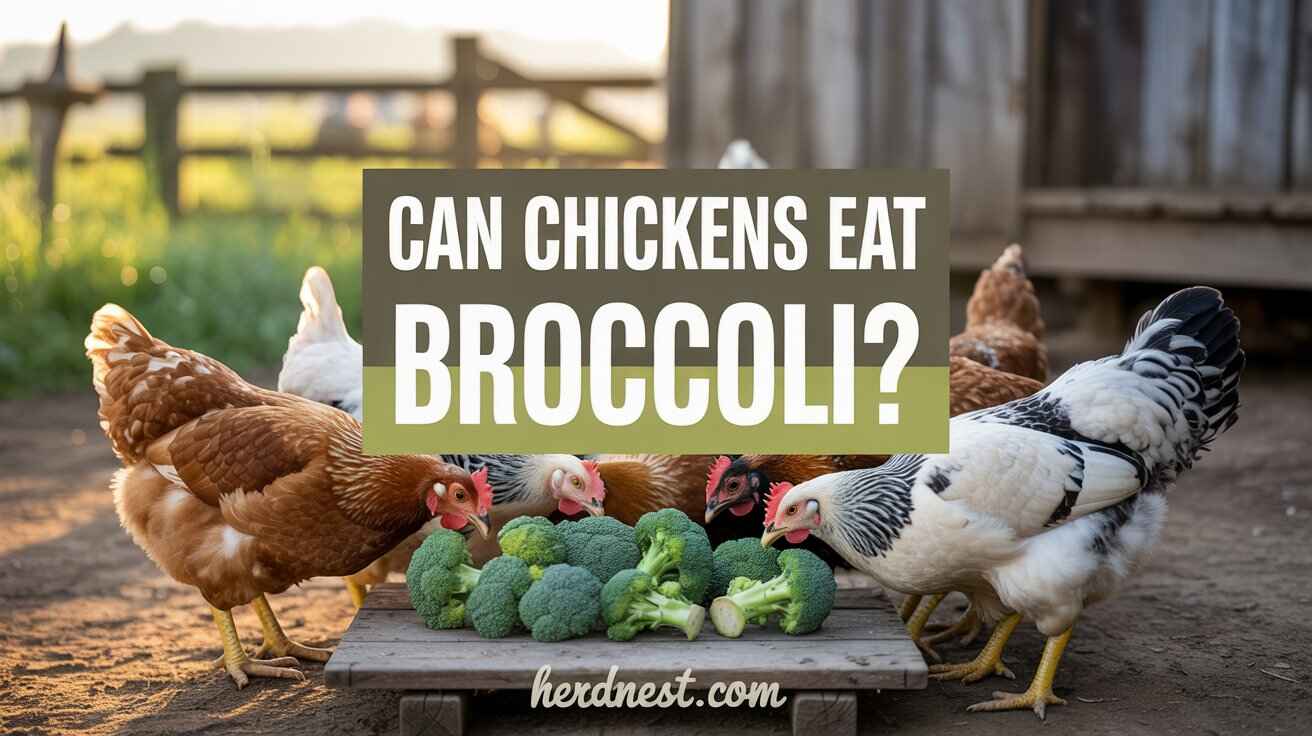As autumn sets in, decorative gourds like pumpkins and squash fill homes and yards with seasonal charm. When their purpose as decor is over, they can be repurposed as a treat for your backyard flock.
Chickens love these tasty, nutritious foods, which also offer many health benefits. If your Halloween pumpkins are free of mold and haven’t started to decompose, simply upcycle them into chicken feed. You’ll not only reduce scraps but also give your flock something delicious to serve up.
It’s good news for both your hens and your waste reduction efforts, making the end of autumn feel even more rewarding.
Table of Contents
ToggleWhat Kinds of Squash Can Chickens Eat?
Chickens love snacking on squashes, and the Cucurbitaceae family of fruits, with its enormous variety of over 900 members, offers plenty to choose from.
From pumpkins and butternut to zucchini, cucumbers, and even honeydews, every type is palatable and can be a fun snack for your backyard buddies.
Whether it’s a leftover Halloween gourd or other delectable options from the list, you can confidently serve these treats. Every part of the squash—skin, seeds, and flesh—is edible, sparking culinary excitement as they ruffle their feathers in joy.
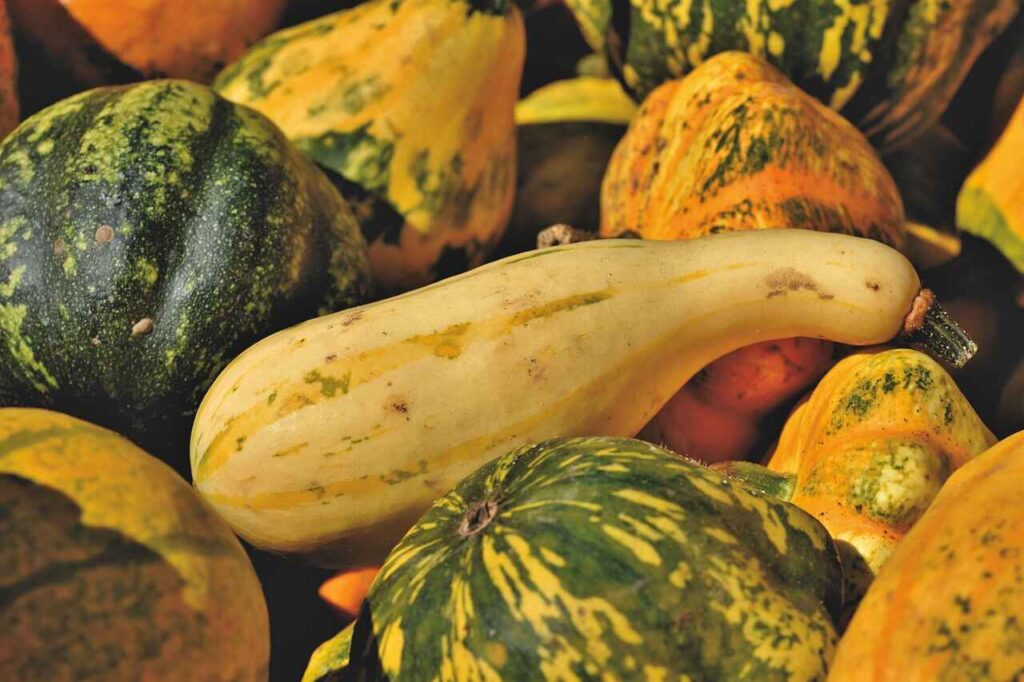
Squash Nutritional Value
Squash is packed with essential nutrients, offering a rich supply of fiber, vitamins B, A, and C, and beta-carotene. Its high levels of antioxidants and polyphenols contribute to overall health.
Additionally, it’s a great source of minerals like phosphorus, potassium, magnesium, and manganese, promoting balance in your chickens’ diet. The water-rich nature of squash also provides valuable hydration, making it both nutritious and beneficial.
Nutritional Value per 100g (Raw)
| Nutrient | Butternut Squash | Acorn Squash | Spaghetti Squash | Zucchini (Summer Squash) |
|---|---|---|---|---|
| Calories | 34 kcal | 40 kcal | 31 kcal | 17 kcal |
| Carbohydrates | 8.6 g | 10.4 g | 7.0 g | 3.1 g |
| Fiber | 1.1 g | 1.5 g | 1.4 g | 1.0 g |
| Sugars | 2.2 g | 0.9 g | 2.8 g | 2.0 g |
| Protein | 1.0 g | 0.8 g | 0.6 g | 1.2 g |
| Fat | 0.1 g | 0.1 g | 0.6 g | 0.3 g |
| Water | ~88% | ~89% | ~92% | ~95% |
| Vitamin A | 426 µg (47% DV) | 67 µg (7% DV) | 3 µg (0% DV) | 10 µg (1% DV) |
| Vitamin C | 21 mg (23% DV) | 11 mg (12% DV) | 2.1 mg (2% DV) | 17.9 mg (20% DV) |
| Vitamin B6 | 0.154 mg (12% DV) | 0.124 mg (9% DV) | 0.1 mg (8% DV) | 0.163 mg (12% DV) |
| Beta-Carotene | 3100 µg | 1350 µg | 9 µg | 120 µg |
| Potassium | 340 mg (10% DV) | 347 mg (10% DV) | 108 mg (3% DV) | 261 mg (7% DV) |
| Phosphorus | 38 mg | 32 mg | 17 mg | 38 mg |
| Magnesium | 17 mg | 14 mg | 12 mg | 18 mg |
| Manganese | 0.2 mg (10% DV) | 0.2 mg (10% DV) | 0.125 mg (6% DV) | 0.177 mg (8% DV) |
Other Health Benefits
Research highlights that the seeds of pumpkin, butternut, and winter squash can reduce parasite loads in poultry and other animals.
Similar studies show that summer squash seeds effectively inhibit parasite activity in mice, while the Cucurbitaceae family has long been recognized for its natural and effective anthelmintic properties.
These seeds have been used for hundreds of years by chicken keepers and for livestock to prevent internal parasites.
When worm loads become too high, it may negatively impact health and could even lead to death. Feeding chickens a diet supplemented with squash seeds can help inhibit parasites and prevent infestations.
Though specific research on chickens is limited, evidence from dogs, cats, and other species suggests it is a safe and beneficial practice.
Things to Be Mindful Of
When feeding squash to your chickens, there are a few precautions to keep in mind. Pumpkins, especially tough-skinned or mature varieties like those used for Halloween, can be difficult for them to eat and may even cause damage to their beaks.
If you’re worried about the tough skin, it’s best to remove it or cook the squash before offering it to your avian buddies. Avoid overripe squash that has begun to rot or grow mold, as this poses a risk to their health.
Additionally, steer clear of cooked squash prepared with seasoning, spices, or sugar, as these are unhealthful for them. Toss any questionable squash to ensure safety for your flock.
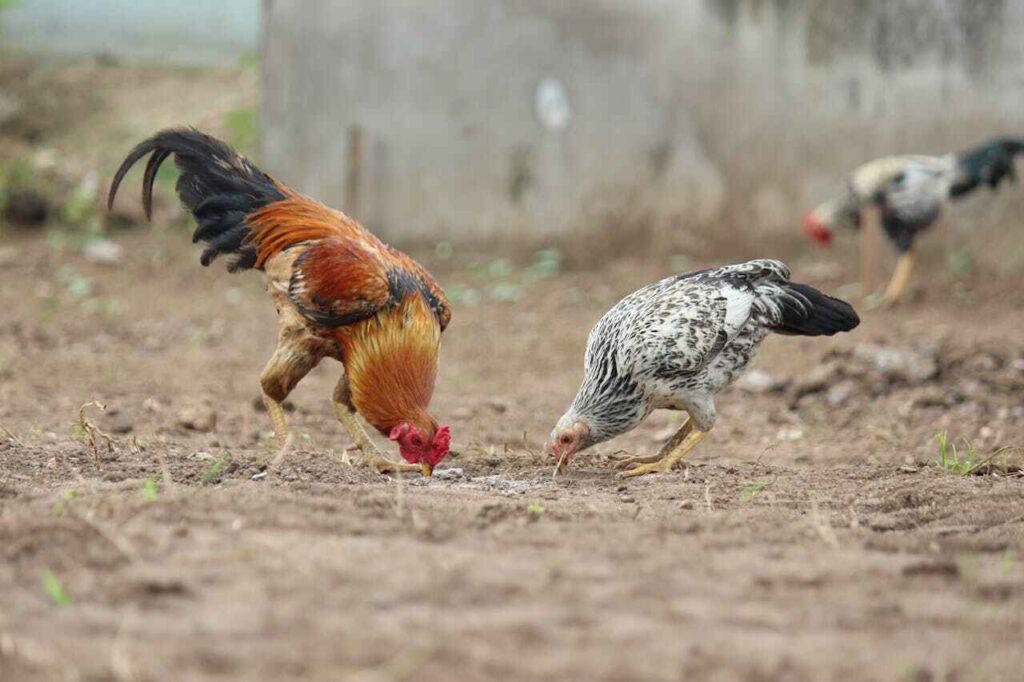
What Else Should I Be Feeding My Chickens?
Chickens are omnivores, which means they need a varied and balanced diet to stay healthy. Including fresh, whole, and unprocessed foods is key to keeping their meals interesting and ensuring they get everything they require.
Add plenty of squash to the mix, as it’s both healthy and tasty. Their diet should also be supplemented with high-quality commercial feed that’s specifically formulated for their exact growth phase.
Many options are available that suit chickens at every stage of life, making it possible to meet their nutritional needs while keeping their meals exciting.
Conclusion
Squash, in all its glorious forms, is an exceptionally healthy choice for your beloved chickens. It boasts a high nutritional value and offers incredible health benefits, including potential anthelmintic properties. However, be mindful not to feed them squash that’s too hard for their delicate beaks or that is no longer consumable.
